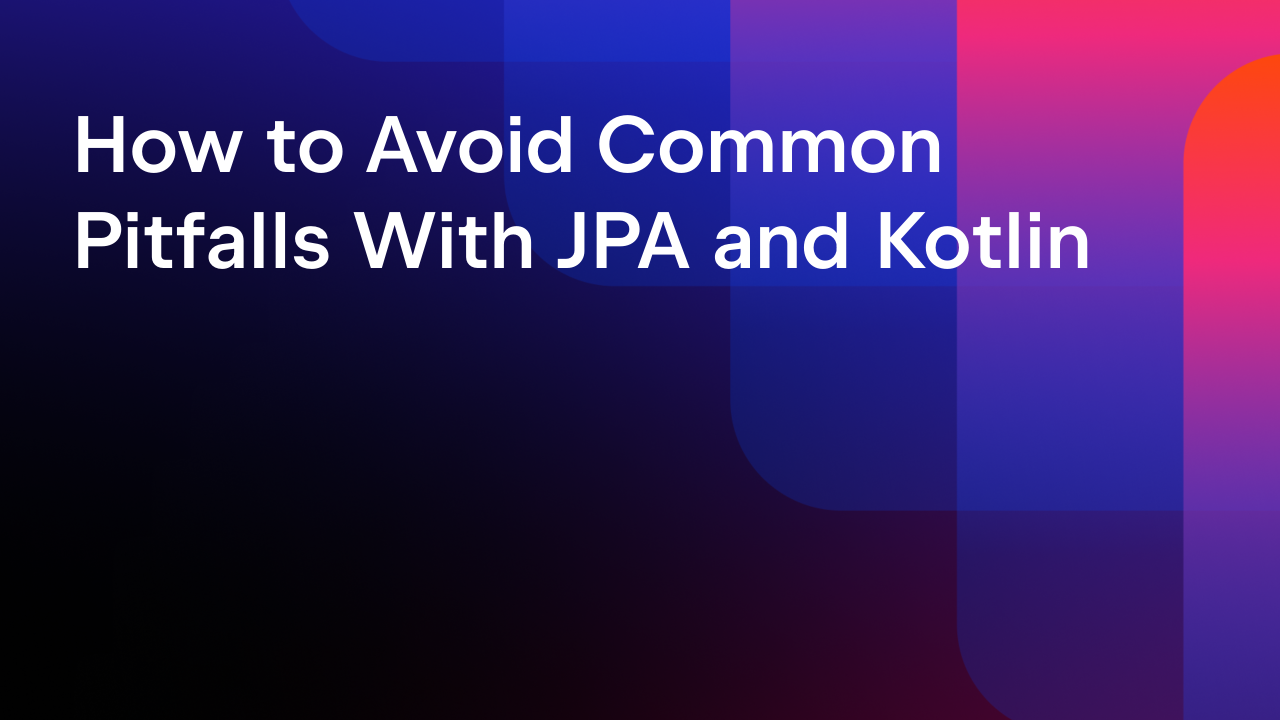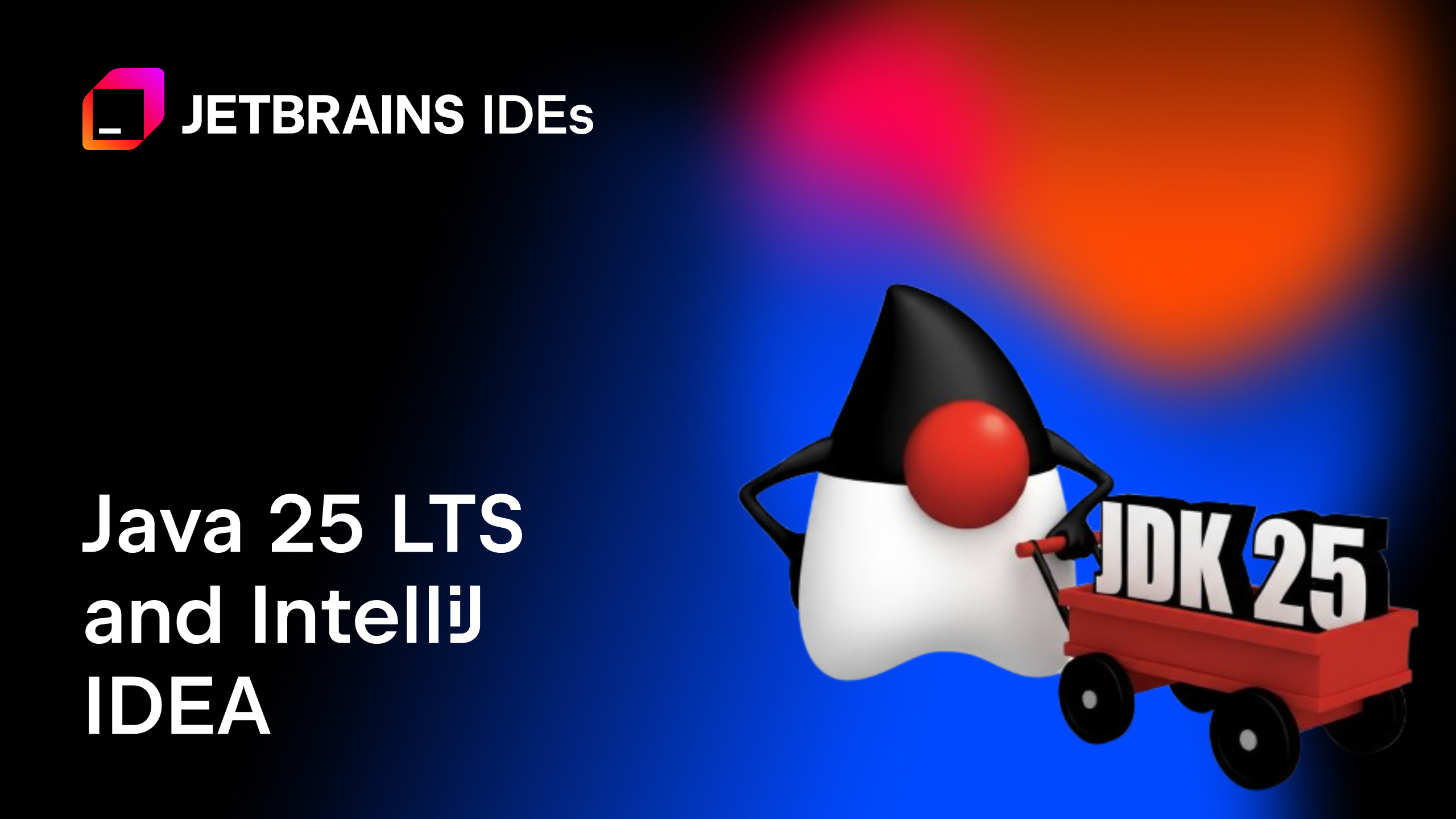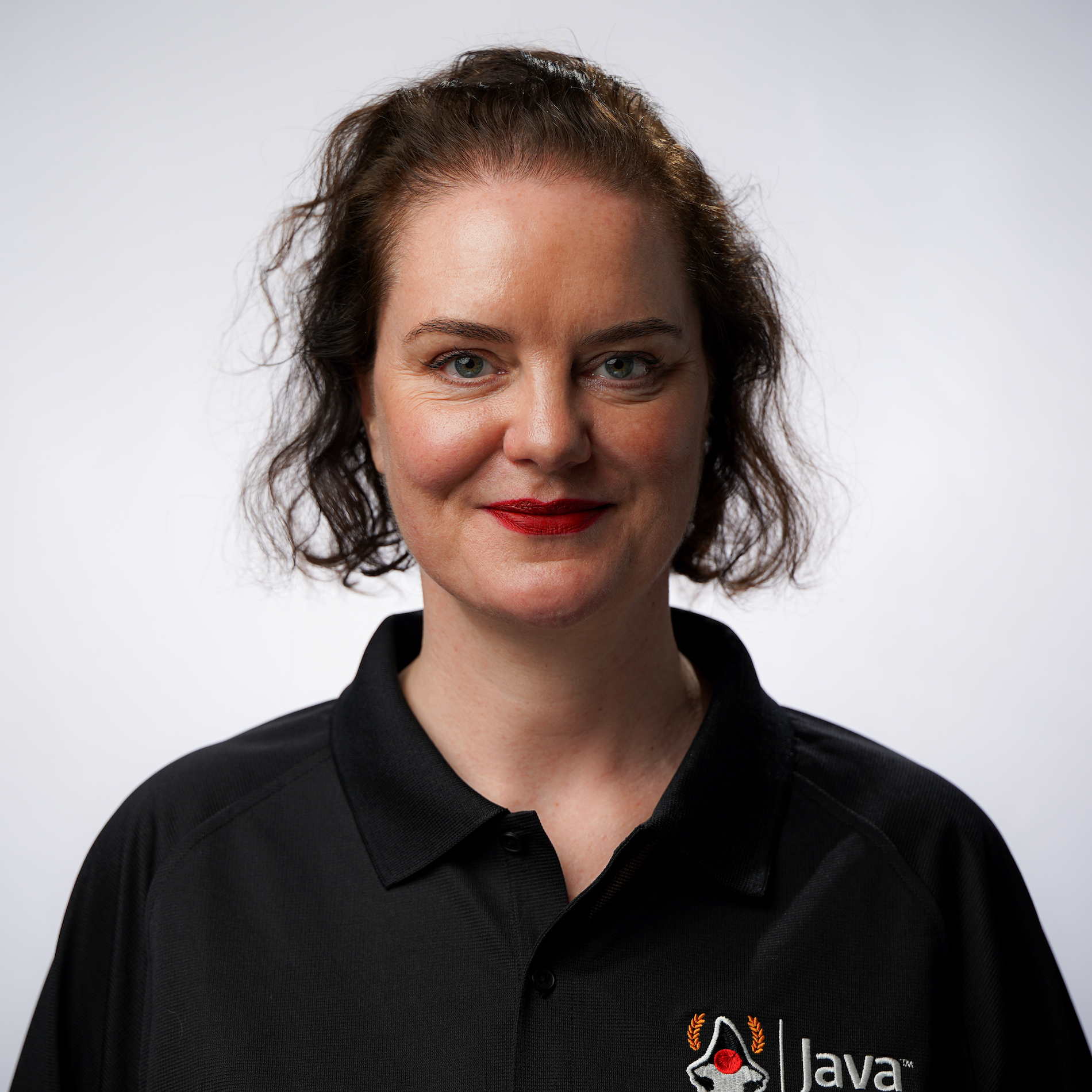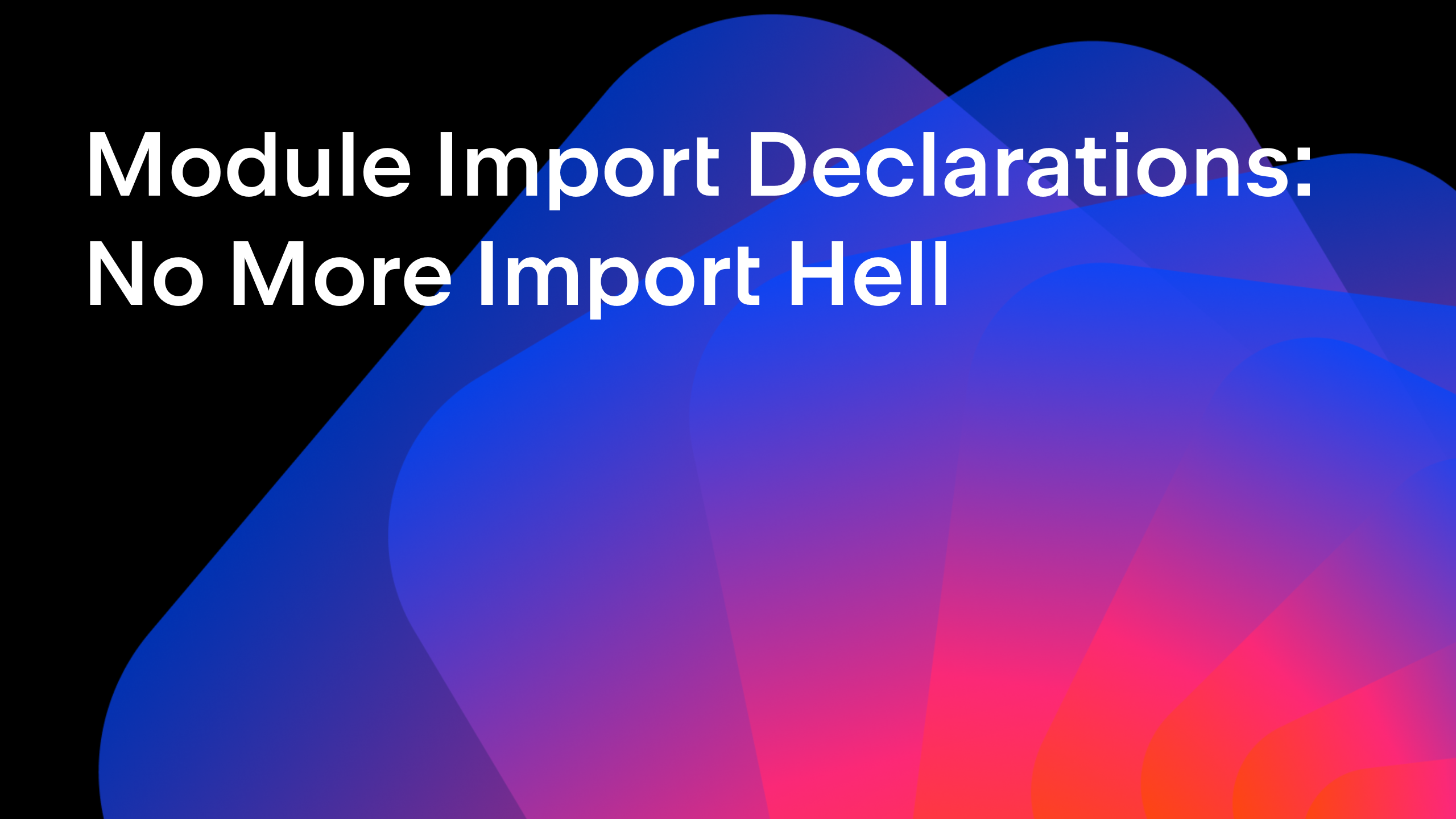IntelliJ IDEA
IntelliJ IDEA – the Leading IDE for Professional Development in Java and Kotlin
Top 12 Podcasts for Java Developers in 2024
In 2024, learning new things as a Java developer has never been easier or more fun! How about kicking off your morning with a cup of coffee while some of the biggest names in the industry chat directly into your ear? Or, imagine being stuck in traffic on your way to work, but instead of just waiting, you’re getting inspired by great stories from fellow developers – all thanks to podcasts!
We’ve teamed up with our in-house Java advocates and developers to bring you a list of the most helpful, inspiring, and engaging podcasts that cover everything Java. Whether you’re looking to learn new tricks, share a laugh with fellow devs, or just stay updated, these podcasts have something for you. Plus, we’ve even included recommendations on the best episodes to start with. Let’s go!
Duke’s Corner Podcast
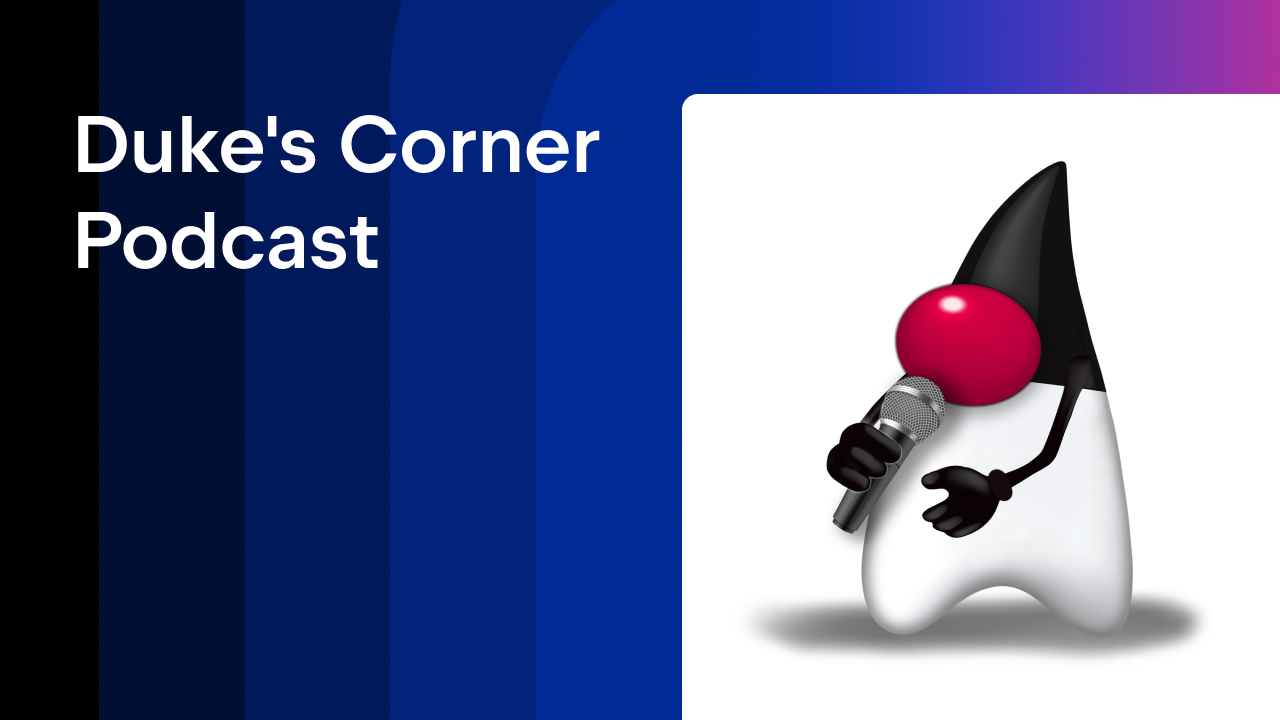
Host: Jim Grisanzio, Oracle.
Topics: This podcast dives deep into the Java ecosystem, covering everything from the latest updates and best practices to real-world use cases and developer experiences. Duke’s Corner features interviews with leading Java experts, discussions on new releases, and tips for unlocking Java’s full potential.
Format: Episodes are 25–45 minutes long, released regularly about once a month.
Episode to start with: Marit van Dijk: The Java Community is Awesome!
In this episode, Marit van Dijk, a Java Champion and Developer Advocate at JetBrains, talks about how she blends social science with coding and why the Java community is so powerful. It’s one of the most popular episodes, giving you a lively insider’s view of what unites Java developers and why this community is so special.
Interesting Fact: Duke’s Corner takes its name from Duke, the iconic Java mascot. Imagine Duke in the corner at a conference or café, conducting interviews – like in a special, unique club.
The podcast focuses on the Java community. Jim discusses Java, but always with an emphasis on the people involved. Each episode features a guest and rounds out their profile, highlighting their contributions and personal journey.
Ultimately, the podcast helps you learn Java while empowering you to make a positive impact in the world. Without the community, there would be no Java.
Have you tuned in to Duke’s Corner yet? What’s your favorite episode?
A Bootiful Podcast
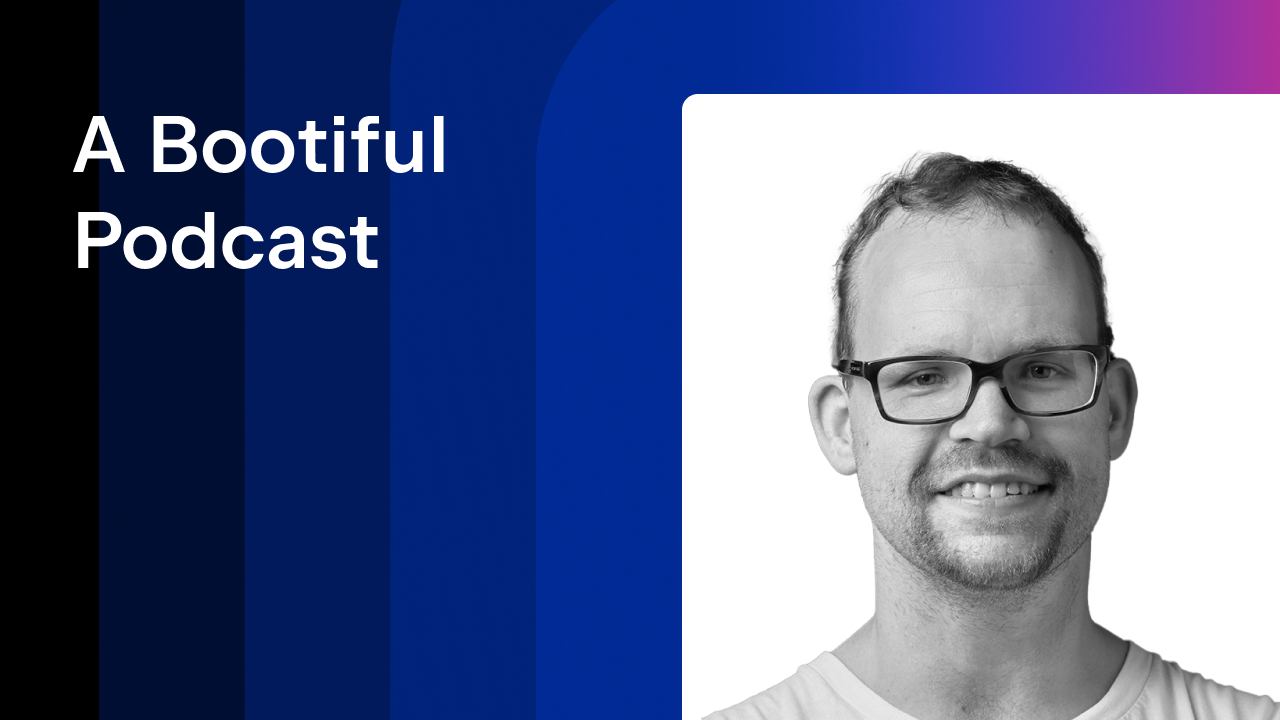
Host: Josh Long, the Spring Developer Advocate at VMware.
Topics: This podcast covers a wide range of topics related to Spring, Java, and software development in general. Each episode features interviews with industry experts, thought leaders, and fellow developers who share their experiences, tips, and tricks.
What’s your favorite Spring feature that you’ve learned about from this podcast?
Format: Episodes are 30–60 minutes long, released generally once a week.
Episode to Start With: Tagir Valeev, Fellow Java Champion and IntelliJ IDEA Java Legend
Josh Long chats with Tagir Valeev, a Java Champion and the mastermind behind many of IntelliJ IDEA’s coolest features. They dive into the world of Java, sharing tips, tricks, and even a few developer jokes along the way.
Interesting Fact: Josh Long’s enthusiasm and deep knowledge of the Spring framework have made this podcast one of the most popular in the field. What began as a simple way for Josh to share his passion for Java, Spring, and cloud computing with developers has now evolved into a hub for deep technical discussions, engaging personal stories, and industry trends.
Foojay Podcast
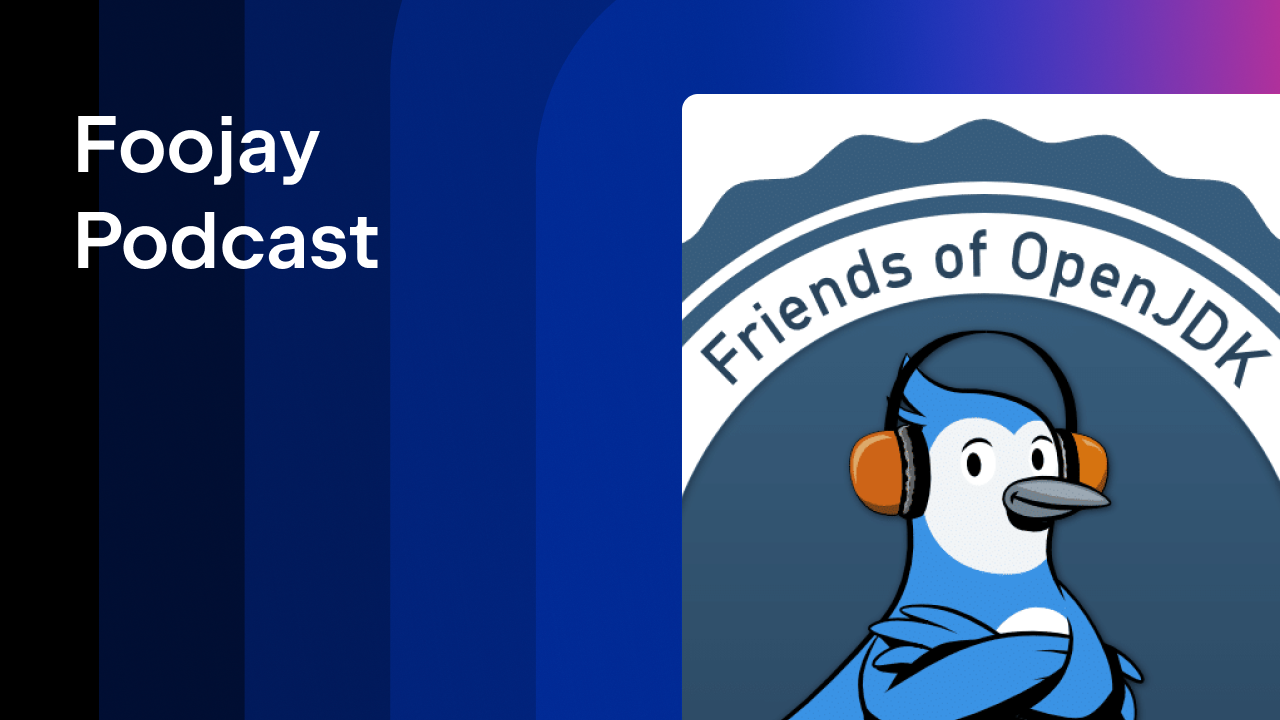
Host: Mainly hosted by Frank Delporte.
Topics: The Foojay Podcast explores everything from deep technical topics to broader industry trends, offering something for Java developers at all levels.
Format: Episodes are 30–60 minutes long, released every couple of weeks.
Episode to Start With: Artificial Intelligence and Machine Learning with Java
In this episode, Frank Delporte hosts Lize Raes, an AI and data specialist with experience applying machine learning techniques within the Java ecosystem, and Lutske de Leeuw, a software engineer focused on bringing AI into enterprise Java solutions. They offer practical advice for developers looking to incorporate AI into their Java projects.
How do you personally integrate AI into your Java projects? Share in the comments below.
Interesting Fact: This podcast is just part of a larger ecosystem; Foojay.io is a vibrant community where Java developers can also read articles and connect with others who share their passion for Java.
The Stack Overflow Podcast
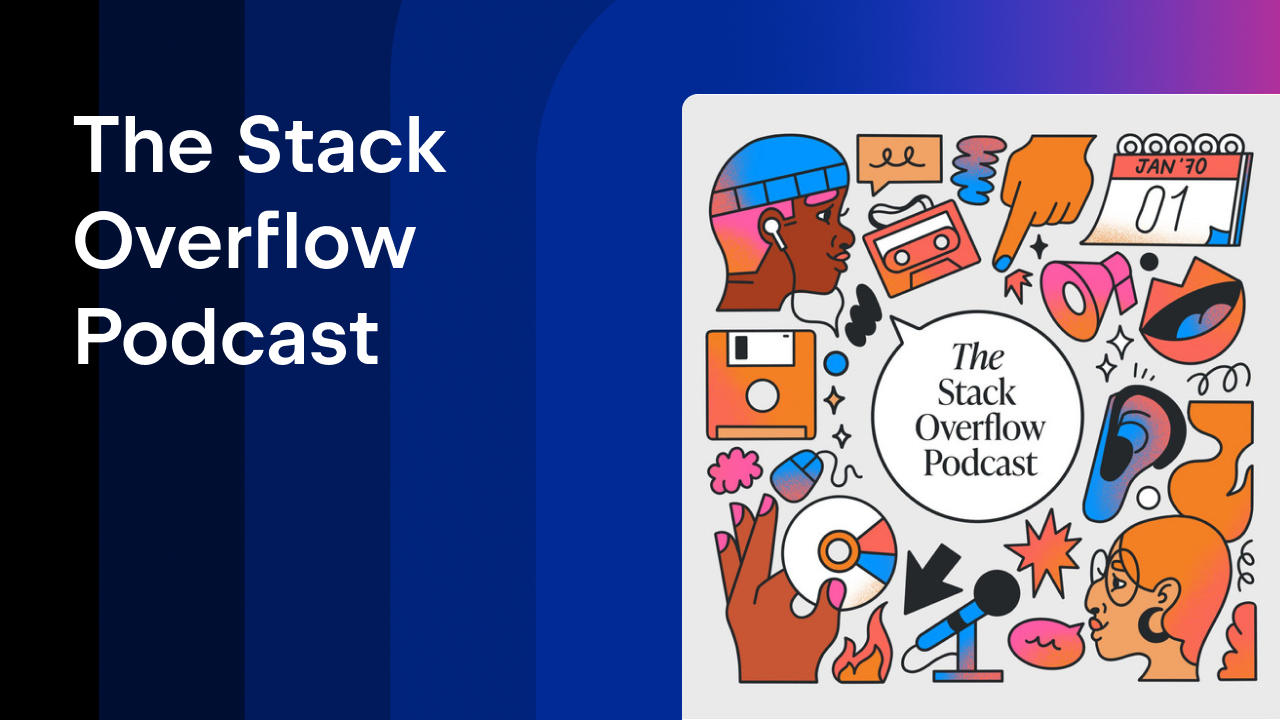
Host: Ryan Donovan, Ben Popper, and Eira May
Topics: Discussing topics ranging from the latest languages to industry buzz, the hosts keep it lively with expert guests and unexpected tech tales. If you’re a developer who wants to stay sharp and entertained, this podcast is a must-listen.
Format: Episodes are 30–45 minutes long, released regularly but not strictly scheduled.
Episode to Start With: Unpacking the 2024 Developer Survey results
The hosts chat about the hottest trends, the challenges developers are up against, and what the future might have in store for tech pros. Packed with data and sprinkled with some fun banter, this episode is your go-to for staying in the know about the developer world.
Interesting Fact: The Stack Overflow Podcast isn’t just about tech – it’s about the human side of coding. Whether they’re talking about imposter syndrome, developer burnout, or celebrating a big win, the hosts keep it real and relatable.
Java Off-Heap
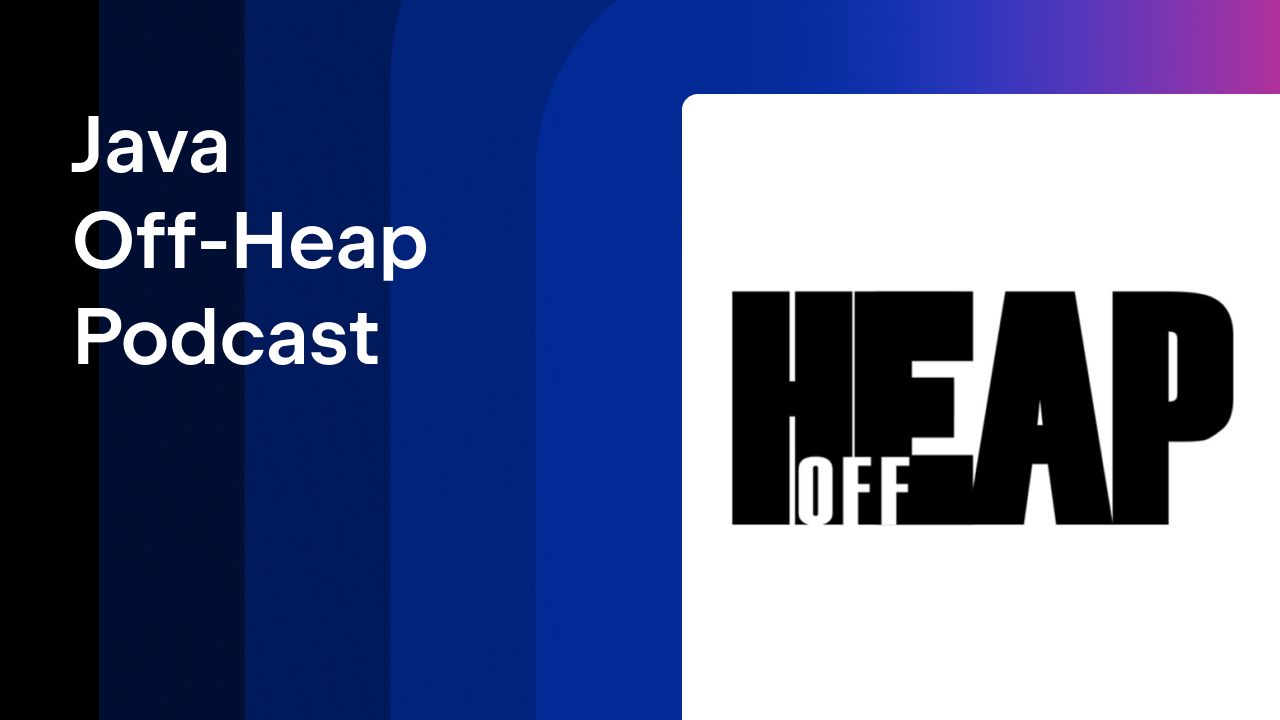
Host: A group of passionate Java developers, including Freddy Guime, Bob Paulin, Michael Minella, and Josh Juneau.
Topics: Java Off-Heap is the podcast for Java developers who want more than just tech updates. The hosts explore Java, JVM internals, and software architecture while also chatting about industry news with a touch of humor. It’s a fun and informative mix.
Format: Episodes are 45–60 minutes long, with no fixed release schedule.
Episode to Start With: Episode 85: The Economic Future of Open Source
In this episode, Freddy Guime, Bob Paulin, and Michael Minella talk about how economic trends are shaking up the open-source world and what this means for developers. It’s a fun, eye-opening chat that combines tech and economics!
Interesting Fact: The hosts don’t just talk code – they also share their experiences, frustrations, and successes in the tech world.
Happy Path Programming
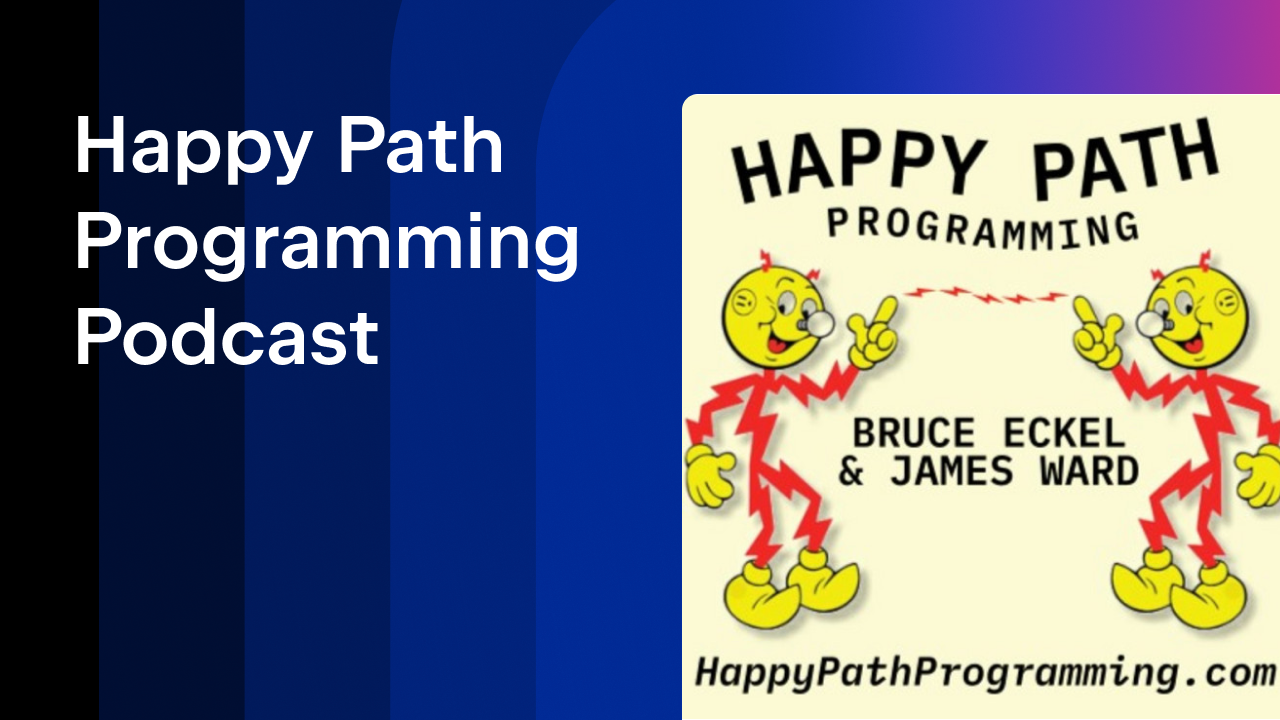
Hosts: Bruce Eckel and James Ward.
Topics: This podcast offers straightforward, no-frills conversations between Bruce and James, where they discuss what programming is and what it should be. They strip away the jargon to focus on the real, practical, and sometimes even philosophical aspects of coding. If you’re looking for honest, thoughtful discussions that cut to the heart of programming, this podcast delivers.
Format: Episodes are 30–60 minutes long, with no fixed release schedule.
Episode to Start With: Gathering Nerds and Java Gatherers with Venkat Subramaniam
This episode features a conversation with Venkat Subramaniam, a well-known figure in the Java community. He talks about his upcoming dev2next conference and the Stream Gatherers API (preview in JDK 22).
Interesting Fact: The podcast doesn’t just cover technical topics – it also delves into the philosophical aspects of programming. Bruce and James often reflect on what it means to be a programmer, how to find joy in coding, and how to navigate the challenges of the tech industry.
Spring Office Hours
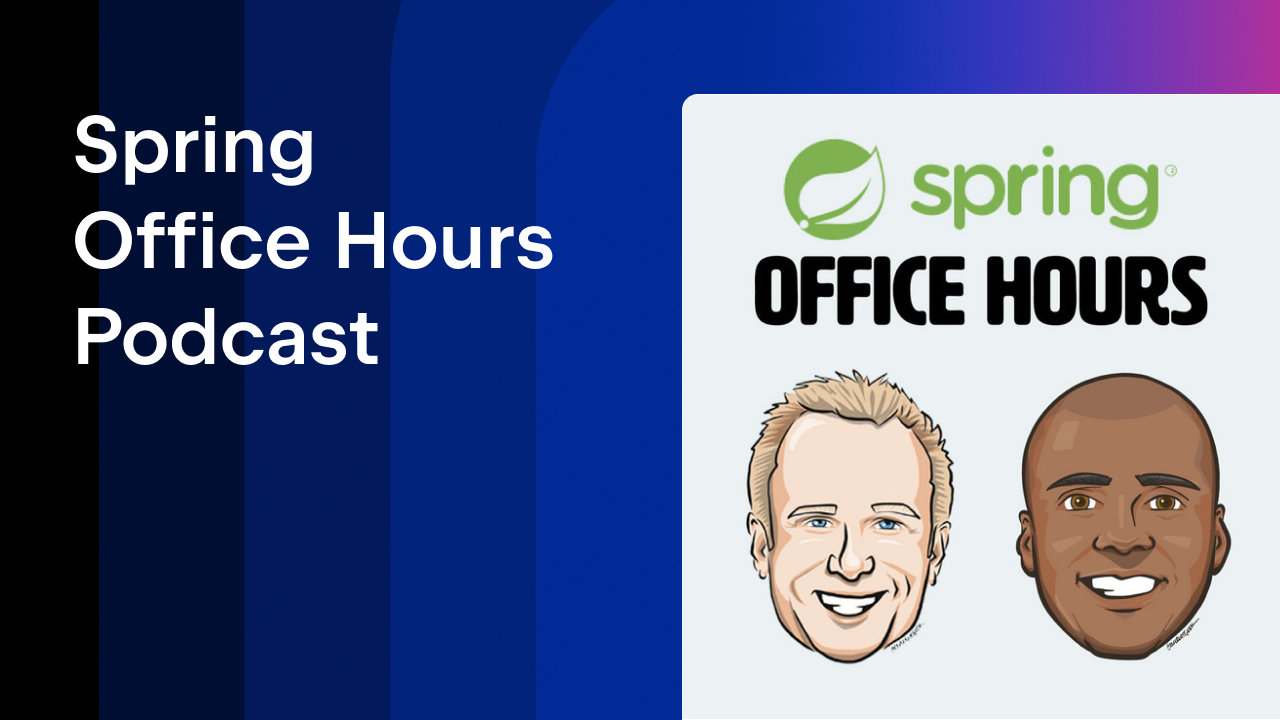
Hosts: Dan Vega and DaShaun Carter.
Topics: This podcast features the newest developments in the Spring ecosystem along with demos of exciting Spring-related projects. The hosts and guests also answer questions from the community.
Format: Episodes are 30–60 minutes long, depending on how much time it takes to answer questions during the live session, and they are released 3–4 times per month.
Episode to Start With: Spring Office Hours: Episode 48 – How to learn Spring
In this episode, the hosts talk to Ken Kousen, a Java Champion and teacher, to explore the best ways to get up to speed with the Spring Framework and related projects.
Interesting Fact: What makes Spring Office Hours special is its interactive format. The hosts don’t just share their deep knowledge of Spring, they also engage directly with the audience, making it a great way to get your Spring-related questions answered in real time.
airhacks.fm
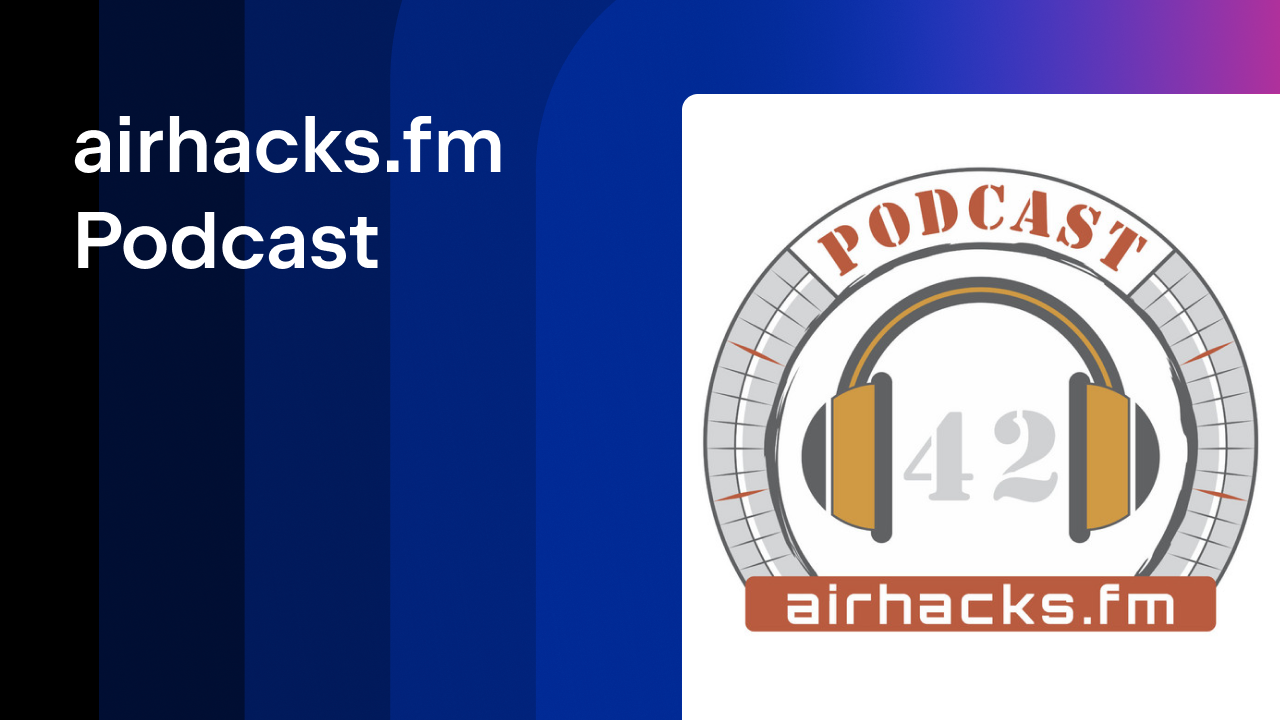
Host: Adam Bien, a seasoned Java Champion and consultant.
Topics: This podcast cuts straight to the core of enterprise software, cloud technologies, and Java. What makes it stand out? It’s all about the real-world experience – no fluff, just actionable insights and expert advice.
Format: Episodes are 45–60 minutes long, released every few weeks.
Episode to Start With: The Long Road to Java and Kotlin
In this airhacks.fm episode, Adam Bien and Anton Arhipov talk about Anton’s fascinating tech journey, from programming ship simulations in Java to working on JRebel and his role at JetBrains. Along the way, they reminisce about destroying joysticks during intense gaming sessions and the evolution of development tools like NetBeans, Eclipse, and IntelliJ IDEA. If you enjoy hearing about the intersection of tech and some good old geek nostalgia, this episode is a must-listen!
Interesting Fact: Adam Bien is not just a podcaster; he’s an active consultant and trainer who brings his real-world experience to the conversations on airhacks.fm.
Java Pub House
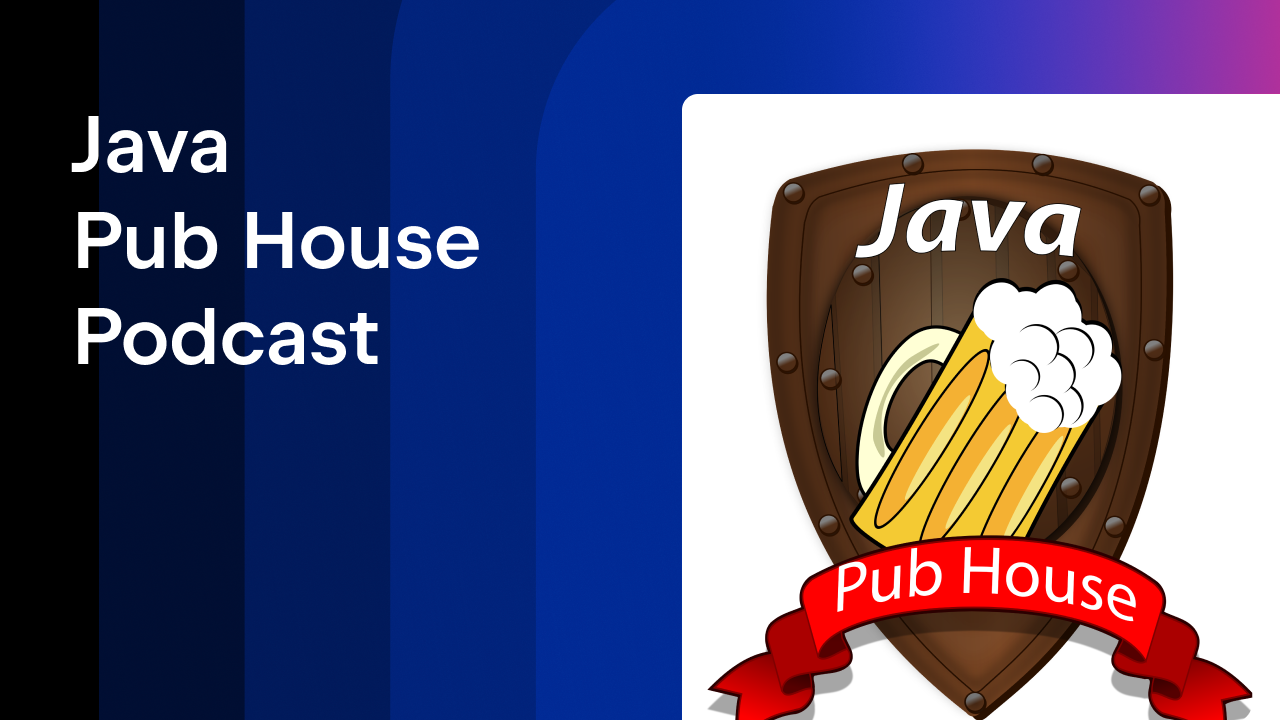
Host: Freddy Guime and Bob Paulin, passionate Java developers.
Topics: This laid-back yet informative podcast is for Java developers who want to stay up to date. It covers everything from making Java safer with fewer null errors to boosting performance through benchmarking. The hosts explore new tech like GraalVM, break down real-world coding challenges, and discuss complex topics like reactive programming.
Format: Episodes are 30–45 minutes long with no strict release schedule, but new episodes generally come out every few weeks.
Episode to Start With: Episode 105. Neurons, AI, and LLMs
This episode explores the world of AI, with the hosts covering neural networks and vector databases while trying to find answers about why they’re crucial. The field is vast, fascinating, and here to stay. So tune in and familiarize yourself with this powerful tool shaping our future!
Interesting Fact: The hosts and their guests are mostly active developers who bring their day-to-day experiences and challenges into the discussion. Just like a pub where friends can chat over drinks, the Java Pub House podcast gives developers a relaxed space to talk about technical topics, share their experiences, and learn from each other.
Coding Blocks
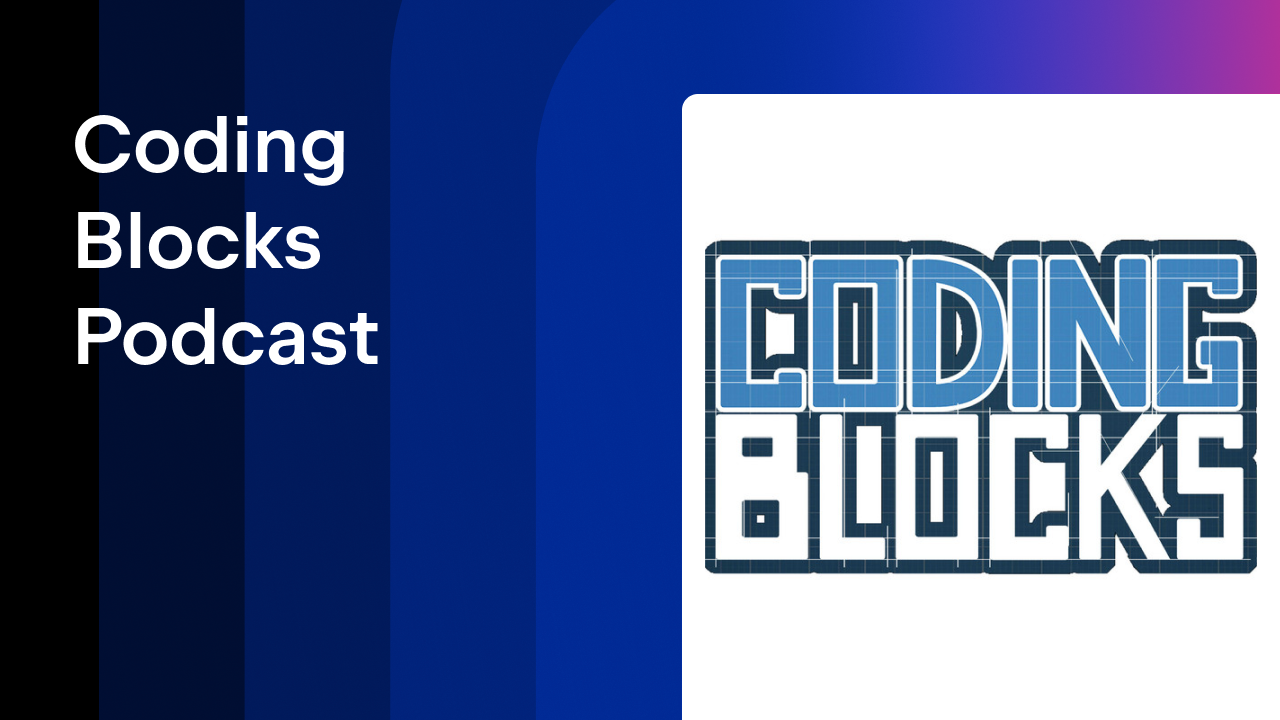
Hosts: Michael Outlaw, Allen Underwood, and Joe Zack – professional developers with many years of experience in the industry.
Topics: Coding Blocks covers various software development topics (not only Java-related) from core programming concepts, design patterns, algorithms, and software architecture to career advice for developers.
Episode to Start With: Intro to Apache Kafka
The hosts break down what Kafka is all about, covering key concepts like topics and partitions, but they keep it light with some fun along the way. The episode is focused on how Kafka can be used in various scenarios, the challenges of managing Kafka clusters, and why it has become a crucial tool in modern data architecture.
Format: Episodes are 60–90 minutes long, released every few weeks with no fixed schedule.
Interesting Fact: Each episode comes with a brief summary, handy tips of the week, and a list of recommended resources. The content is presented in a concise format, making it easy to skim through and decide if you’d like to listen.
CodeNewbie
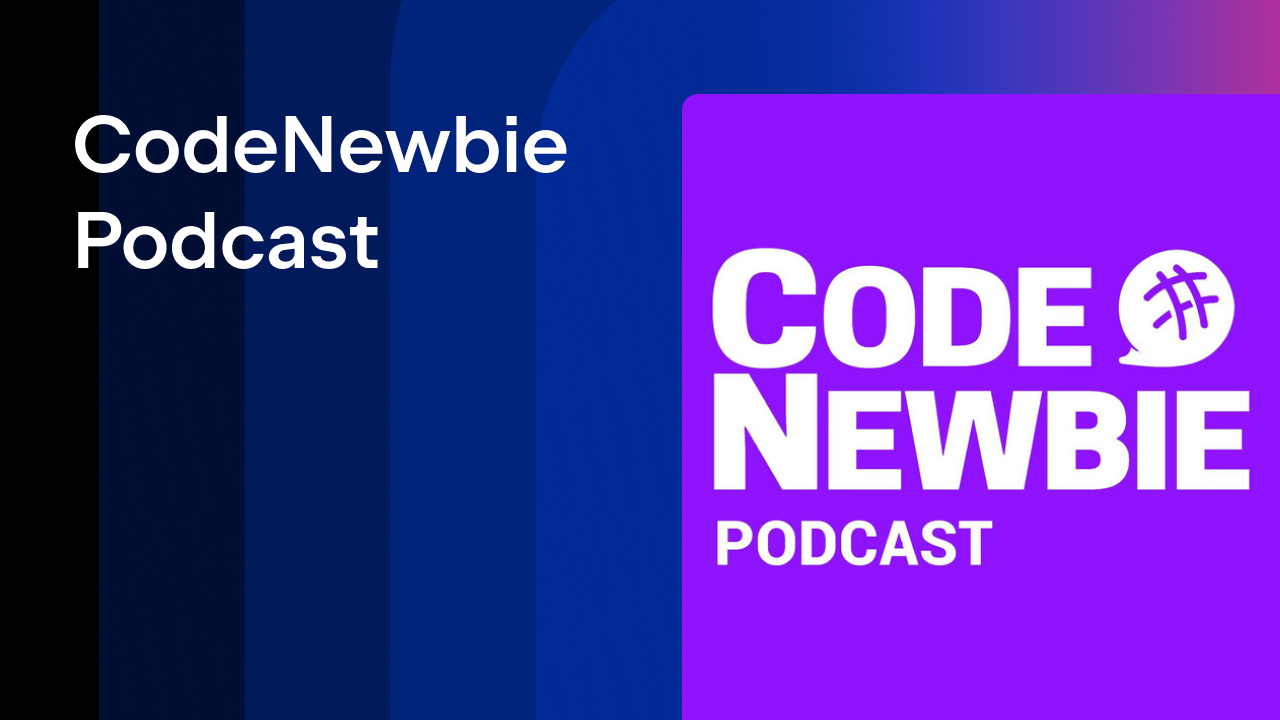
Host: Saron Yitbarek, a software developer and entrepreneur who used to work in marketing and communications but later transitioned into tech after teaching herself how to code.
Topics: This podcast is part of the CodeNewbie community, which is dedicated to supporting people new to coding. Each episode features interviews with developers, engineers, and tech professionals who share their stories, challenges, and tips for success. The podcast is mostly about career advice, personal stories of career transitions, and insights into the tech industry. It’s a supportive and encouraging resource for anyone who’s learning to code or considering a career in tech.
Episode to Start With: The Journey from Sound Engineer to Software Engineer
This is the inspiring story of Alejandro Aspinwall, who is now a software developer at Amazon. He talks about how he used his old skills in a new way and made a successful leap into tech. If you’re curious about career changes or how different experiences can help in coding, give this one a listen.
There are so many inspiring stories here! What’s your favorite?
Format: Episodes are 30–45 minutes long, typically released every Monday.
Interesting Fact: This podcast is part of a vast community that includes a forum, chats on X, and events all designed to help new coders connect, learn, and grow together. Saron Yitbarek’s friendly style makes every CodeNewbie episode feel like a relaxed chat with a buddy. She mixes tech tips with a supportive, comforting vibe.
Developer Tea
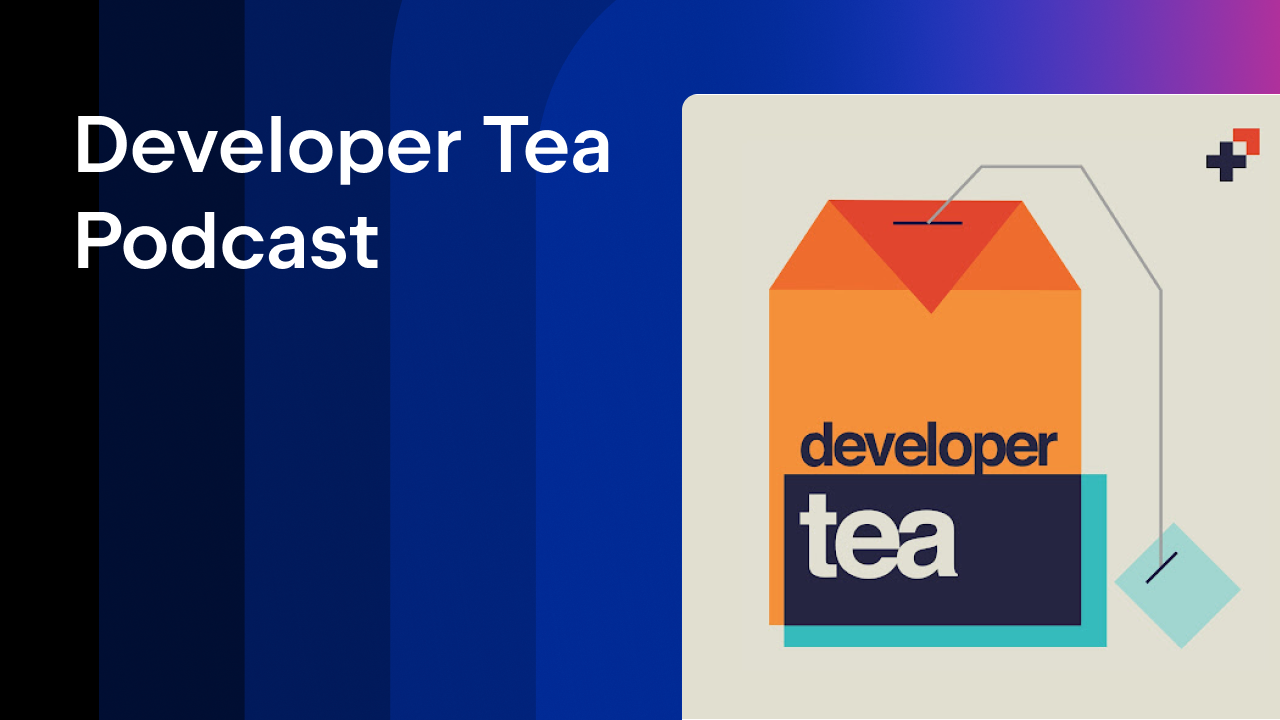
Host: Jonathan Cutrell, a seasoned developer and Director of Engineering at PBS.
Topics: Get ready for quick, insightful episodes that cover a wide range of development topics as well as productivity hacks and personal growth. Jonathan’s goal is to provide developers with the tools and inspiration they need to navigate the challenges of the tech industry, all in the time it takes to enjoy a cup of tea.
Episode to Start With: Talking To Yourself for Better One-On-Ones
In this episode, Jonathan shares his thoughts on how to prepare for your next one-on-one. Do your homework – take a moment to reflect on what you want to say.
Format: Episodes are 10–20 minutes long, released multiple times a week.
Interesting Fact: Jonathan Cutrell’s Developer Tea podcast mixes deep tech insights with practical advice and a bit of philosophy. This combo makes the show stand out by offering more than just coding tips. It gives listeners thoughtful advice on how to grow both as developers and as individuals.
Conclusion
In 2024, podcasts are more than just background noise – they’re a powerful tool for learning and growing as a Java developer. No matter whether you are searching for technical topics, want to be aware of the latest industry trends, or just enjoy engaging conversation, these podcasts have you covered. Tune in, explore the episodes we’ve highlighted, and don’t forget to share your favorites in the comments below. Happy listening!
Subscribe to IntelliJ IDEA Blog updates



